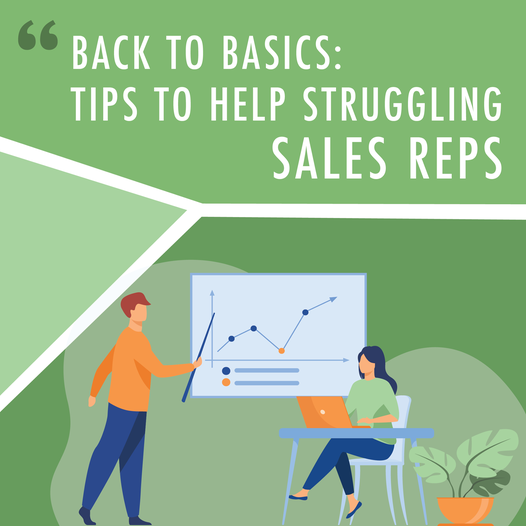For sales leaders, Public Enemy No. 1 is time. The more successful a sales leader, the more demands on their time. Emails and voice mails abound. Text messages keep coming. CRM software and other online systems require attention. Simply put, demands increase on a daily basis.
While all these activities may be necessary and/or difficult to avoid, how do you know when enough is enough? One simple answer is – enough is enough when there is not enough time left to manage and coach your sales team.
Here are two best practices we have observed to maximize the time for doing those things that really make a difference:
Acknowledge that you can’t do it all. That’s just the way it is. Realistically, you will run out of time and tape if you attempt to do all the things that land on your desk. The bad news is that the urgent will often dominate the important. This is one of the reasons why sales coaching gets put off until Friday and then never gets done.
Some of these “urgent” requests are not as urgent as the requester would suggest and can be postponed; some can be skillfully avoided altogether and some can be handled by others. The key is to make sure you know what is important and to make sure it doesn’t get postponed until Friday.
Scale the important. How can sales coaching be scaled to minimize time constraints?
Team coaching. One way to scale coaching is to build team sales coaching into the mix. Coaching at a team level versus the individual level is especially effective when coaching sales strategy. When sales strategy coaching focuses on sales scenarios that are common across salespeople, sales leaders can use one sales strategy coaching session for multiple salespeople. In these situations, multiple salespeople participate in the coaching session, contributing ideas and learning from the discussions.
Institutional resources. A second way to scale sales coaching is to engage other resources. For example, establishing a new-hire mentoring program where the new hire works with an experienced salesperson can be helpful to the new hire, and if formally structured, beneficial for the senior salesperson as a pre-management activity. Other possible resources would include engineering and technical support staff and the folks in Marketing. The actual developmental activity would vary by function but could include one-on-one structured interviews with the new hire or inviting the resource to a team meeting of new hires.
Learning culture. A third way to scale sales coaching is to establish a learning culture inside your sales team. Today, there are a myriad of resources available to salespeople for getting smart. The management key is to create a culture where the salespeople recognize they have a personal responsibility for skill development. The resources include blog sites, white papers from consulting firms like McKinsey, free webinars, and inexpensive online training from institutional universities like Udemy.
Frontline sales leadership is the pivotal job for driving sales success, and time management is a core skill. Our experience is that most companies spend too little time helping sales managers manage their time. So do it yourself!
©2021 Level Five Selling, LLC






